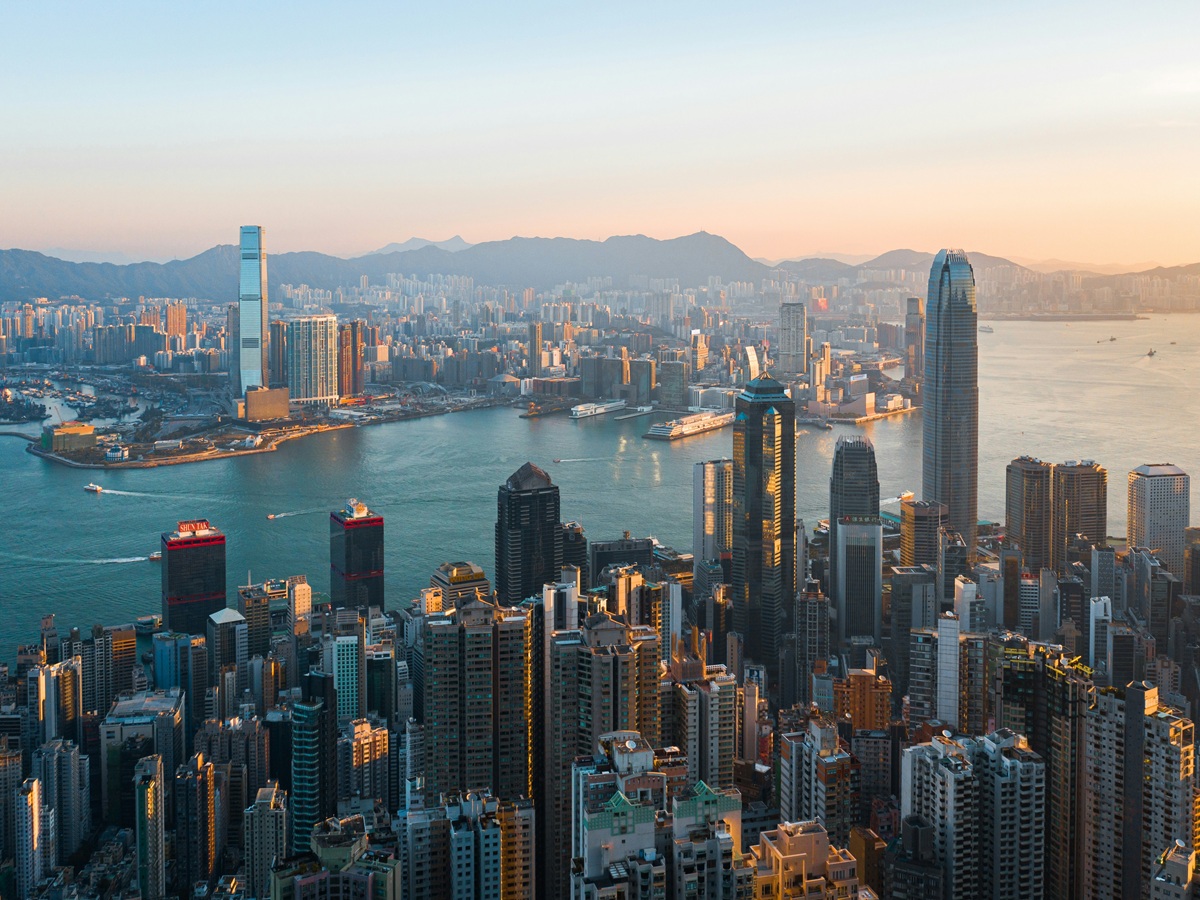Hong Kong's 'National Security' law turns five: 332 arrests and delayed trials
In the anniversary of the former British colony's transition to the People's Republic, the Hong Kong Democracy Council takes stock of the repression. Of the 161 convicted, 102 are still serving prison sentences. On 14 August, Jimmy Lai's trial is expected to enter its final phase. Meanwhile, thanks to cuts by the Trump administration, Radio Free Asia's Cantonese channel is also closing, further reducing the space for free information on Hong Kong.
Hong Kong (AsiaNews) - With its usual enthusiasm, Hong Kong is today celebrating 28 years since the former British colony returned to Chinese sovereignty under an agreement with London that was supposed to safeguard its status through the ‘one country, two systems’ model. But 1 July 2025 also marks the fifth anniversary of the entry into force of the National Security Law, imposed by Beijing to crush the pro-democracy movement.
This iron fist has effectively emptied the formula of its meaning and was then incorporated into Hong Kong's legislation last year by the Legislative Council, now made up of “only patriots” loyal to the People's Republic, with a new framework law that, in the name of combating “secession” and “foreign influence”, is now even more restrictive on freedom of expression.
A review of the last five years from this point of view has been provided in recent hours by the Hong Kong Democracy Council, a Washington-based observatory that keeps a database of political prisoners in Hong Kong, which currently stands at 1,934.
Of these, 332 have been arrested for crimes related to “national security”. Of those who have gone to trial, 161 people and one company have been convicted, while only two have been acquitted. There are currently 102 people behind bars because they have been sentenced to prison under the National Security Law. Another 59 have been released after serving their sentences.
Eight are in pre-trial detention awaiting sentencing. The most high-profile case is that of Jimmy Lai, the 77-year-old Catholic businessman and publisher of the pro-democracy newspaper Apple Daily, which was forced to close in 2021. In prison since December 2020, his trial under the National Security Law began on 18 December 2023 and, after 146 hearings, is still ongoing: the final phase is set to begin on 14 August.
Meanwhile, the trial of lawyer Chow Hang-tung, trade unionist Lee Cheuk-yan and former Legislative Council member Albert Ho, all three of whom have been detained for four years, has not even begun. They are to stand trial as organisers of the 4 June vigils in memory of the Tiananmen Square massacre: after countless postponements, their trial is currently scheduled to begin on 11 November.
These measures also extend beyond Hong Kong's borders: the national security police have issued arrest warrants and bounties for 19 Hong Kong citizens who have fled abroad and have also arrested and detained dozens of their family members and acquaintances in Hong Kong.
Finally, as for the 143 people who were arrested but released on bail without being charged, most of them still had their passports confiscated and are still formally “under investigation”, which means that they cannot leave Hong Kong indefinitely and must ask the court for permission to travel. For them, too, Hong Kong has become a large prison.
Beyond the judicial aspect, there are also other faces of censorship of ideas: “Books are being removed from libraries,” recalls the Hong Kong Democratic Council, “films are being censored, civil society groups are being pressured or forced to close, independent bookshops are being raided and intimidated, universities and schools are becoming closed environments for learning, professions are being controlled, the rule of law is being undermined...”.
This effort is also finding “surprising” allies: just yesterday, coinciding with the “sensitive” anniversary of 1 July, Radio Free Asia – the news channel supported by the US administration and a reference point for much of the news on human rights violations on the continent – interrupted its broadcast in Cantonese, the most widely spoken Chinese language in Hong Kong.
This edition was launched in 1998, immediately after the handover to the People's Republic of China, to safeguard freedom of information in the former British colony. Last year, with the entry into force of the local version of the National Security Law, which specifically targets institutions receiving foreign funding, Radio Free Asia had already moved its headquarters out of Hong Kong. The rest was done by the Trump administration's cuts, which since the beginning of the year have been virtually dismantling this form of American soft power from Eastern Europe to the Far East.
‘Just as our Cantonese service was becoming increasingly important with the disappearance of Apple Daily, Stand News and Citizen News and the spread of self-censorship in Hong Kong's mainstream media, we were faced with funding cuts,’ Radio Free Asia said in a statement. Although our voice will disappear for now, our fight for journalism and freedom of expression will continue to exist in the hearts of every colleague and every reader."
13/10/2020 12:37
19/06/2020 15:09







.png)










